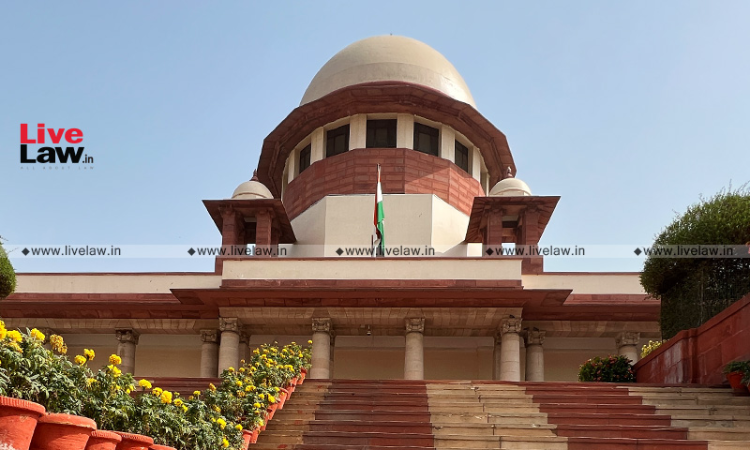Is There Any CAG Report On Implementation Of Manual Scavengers Act? Supreme Court Asks Centre
Gyanvi Khanna
17 Aug 2023 8:52 PM IST

Next Story
17 Aug 2023 8:52 PM IST
A Division Bench of the Supreme Court, comprising Justices S. Ravindra Bhat and Aravind Kumar, resumed its hearing of a Public Interest Litigation (PIL) on the implementation of the Prohibition of Employment as Manual Scavengers and their Rehabilitation Act, 2013 (Act).The details of the previous hearing can be seen here. At the outset, Centre, represented by Additional Solicitor General...
